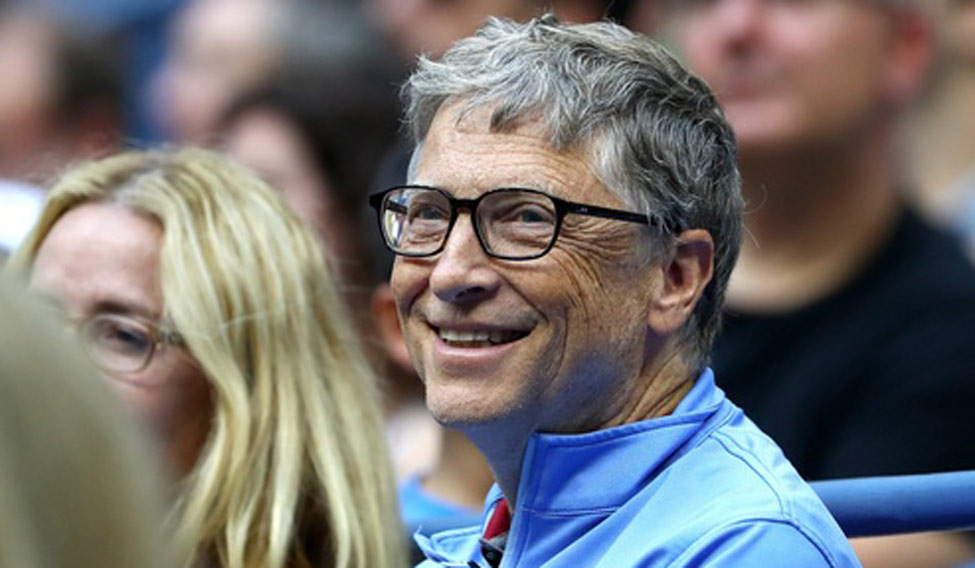At a time when the GDP growth has hit a 36-month low, Prime Minister Narendra Modi's policy of financial inclusion and his focus on sanitation got a heads up from Bill Gates, co-founder of the Microsoft corporation.
In a conference call with reporters from across the world to discuss development goals, Gates spoke about the Payments Bank, and called it an “exciting” tool that could help India's poor access welfare schemes. “India is a place where some very new things are being done, like the so-called Payment Banks regulations, where Prime Minister Modi has got very ambitious goals for financial inclusion. And the fact that it will be done through the cell phone means the ability to draw in millions of people including those who are below average in terms of their income,” he said.
This tool, said Gates, could help in “various health scenarios, savings scenarios, education scenarios and agriculture scenarios.”
Gates, was addressing the media on the occasion the launch of his philanthropic organisation The Bill and Melinda Gates Foundation's annual goalkeepers' report that describes the progress in the world in “reducing extreme poverty and disease” in recent decades.
The global report tracks 18 data points from the UN Sustainable Development Goals (SDG) or Global Goals, including child and maternal deaths, access to contraceptives, HIV, malaria, extreme poverty, financial inclusion and sanitation.
While it highlighted the best practices in some of these areas, the report, co-authored by the Bill and Melinda Gates cautioned that the targets for the global goals are “unlikely” to be met by the 2030 deadline.
The goals are a series of ambitious targets to “end extreme poverty, fight inequality and injustice and fix climate change”. For instance, the report emphasises that deaths of children around the world have gone down by six million (from 1990). By 2030 though, the projection for these deaths was 2.5 million, and most of these deaths could be prevented by simple solutions such as breastfeeding, the report says.
In the Indian context, Gates, the world's richest man, said the country's financial inclusion schemes were praiseworthy–the goalkeepers' report highlights initiatives such as Aadhaar and the Pradhan Mantri Jan-Dhan Yojna that have helped the poor. However, India still has “almost a quarter of the world's kids who have not received full immunisation”, he said.
“Other areas that India needed to focus on were malnutrition and sanitation; the foundation is working on the government's sanitation schemes,” Gates said.
India was also one of the countries fighting the twin burden of infectious diseases such as TB, as well as chronic diseases such as diabetes, Alzeheimer's.
Through the hour-long call, Gates spoke on several issues ranging from how contraception rates went up in Senegal, the need for new vaccines especially in malaria and TB – both these would take several years – and even the possible impact of US President Donald Trump's proposed budgets cuts. “In the US, the executive proposal that went in actually did have fairly substantial cuts, including to things like polio, HIV and malaria. And that’s being debated in the Congress, who has the final word on what the debates will be. Right now, it looks like they won’t take most of those cuts. It looks like they’ll maintain pretty close to the same level in most areas. And so, that still hangs in the balance, because the proposal would have been pushed us in the negative direction in areas like HIV funding,” he told reporters.
A mere 10 per cent cut in global donor funding for HIV treatment could result in “more than five million more deaths by 2030,” he added.




